Law Firm Matter Billing
In the complex realm of legal services, the efficiency of billing and a well-structured invoice approval process are pivotal for success. Navigating through various billing structures and approval workflows is a common challenge for law firms and organizations across industries. This comprehensive guide explores the nuances of law firm matter billing, including Hourly, Fixed Fee, and Contingency models, and delves into essential components and best practices to establish a seamless invoice approval process.
Written by Knowledge Team, posted on January 13, 2024
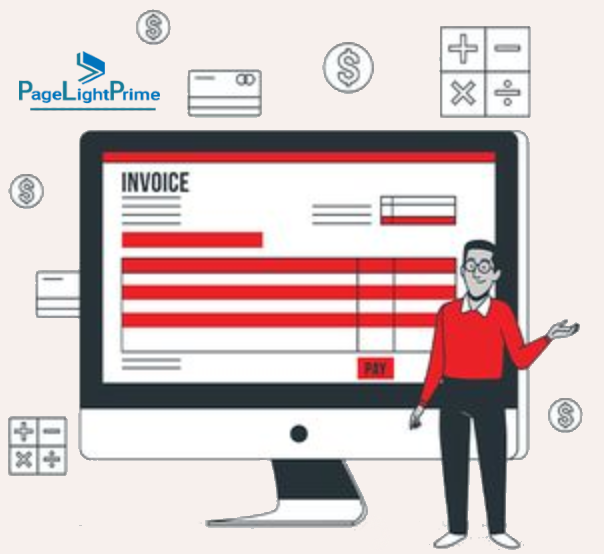
Law Firm Matter Billing
We delve into three common billing approaches, shaping not just the financial aspects of legal transactions but also impacting the dynamics of the client-lawyer relationship. Acquire insights into the unique features and benefits of each billing method, empowering you to make well-informed decisions within the realm of legal services.
Hourly Billing
Hourly billing, a time-tested and transparent method, charges clients based on the time dedicated to a specific matter. This approach fosters client understanding of the effort invested in their case.
Fixed Fee Billing
Fixed fee billing entails charging clients a predetermined amount for a particular legal service or matter, providing cost predictability, and often being the preferred choice for routine legal matters.
Contingency Billing
Unique to law firms, contingency billing involves payment only upon the client’s successful outcome. The firm receives a percentage of the client’s settlement or court award, aligning interests and sharing risks.
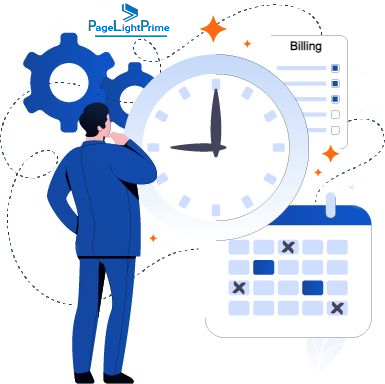
Invoice Approval Process
Efficient management of the invoice approval process is pivotal for organizations seeking financial precision and compliance. This overview delves into the key components of a streamlined Invoice Approval Process, emphasizing accuracy, accountability, and adherence to policies. From initial submission and validation to automated workflows and compliance measures, explore how a well-structured approval system can enhance efficiency, reduce errors, and ensure regulatory compliance. Gain insights into each component for a comprehensive understanding of an optimized invoice approval workflow.
Submission and Validation
Initiate the process with invoice submission, followed by thorough validation to ensure accuracy, completeness, and adherence to policies.
Routing and Authorization
Invoices are routed through designated channels for approval, involving authorization from specified approvers. Clear hierarchies and thresholds expedite the process and ensure accountability.
Automated Workflow
Implementing automated workflows streamlines the approval process, reduces manual errors, and provides real-time visibility. Integration with accounting or ERP systems enhances efficiency.
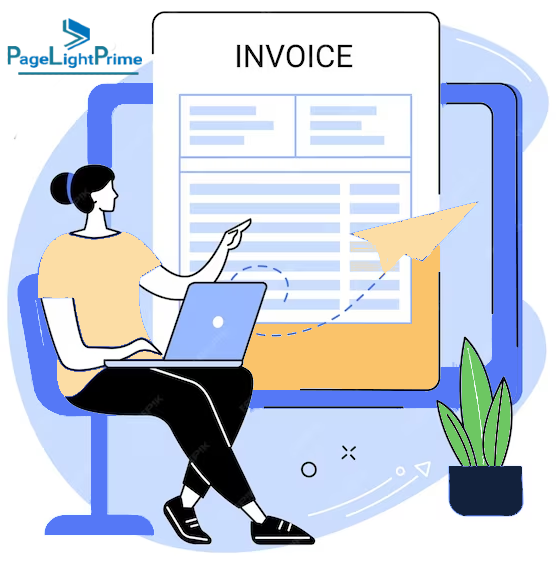
Notification and Reminders
Automated notifications and reminders alert stakeholders about pending approvals, preventing bottlenecks, and ensuring timely action.
Exception Handling
Establish protocols for handling exceptions, ensuring prompt and efficient resolution of deviations from standard procedures.
Audit Trail and Compliance
Maintain a comprehensive audit trail for transparency and compliance, adhering to regulatory requirements and internal policies throughout the process.
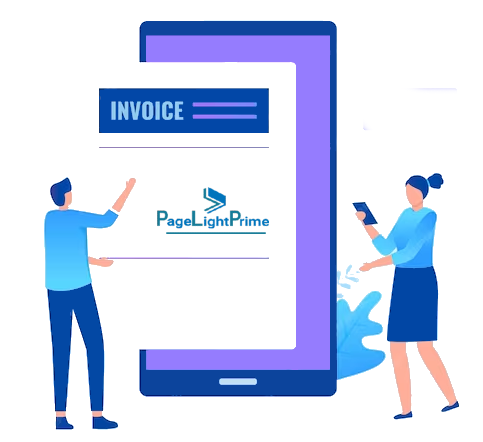
Best Practices
Effective management of the invoice approval process relies on implementing best practices. Here are key strategies to optimize your invoice approval workflow:
Clear Approval Hierarchies
Define and communicate clear approval hierarchies to avoid confusion, ensuring that invoices reach the right individuals for approval.
Training and Communication
Regularly train employees involved in the approval process and communicate updates to procedures to foster awareness and accountability.
Utilize Technology
Leverage technology solutions, such as invoice approval software and automation tools, streamline processes and enhance accuracy.

Regular Audits and Continuous Improvement
Conduct regular audits to identify areas for improvement, solicit feedback from stakeholders, and adjust optimize efficiency.
Encourage Timely Approvals
Implement policies or incentives that encourage timely approvals to maintain a steady cash flow and positive vendor relationships.
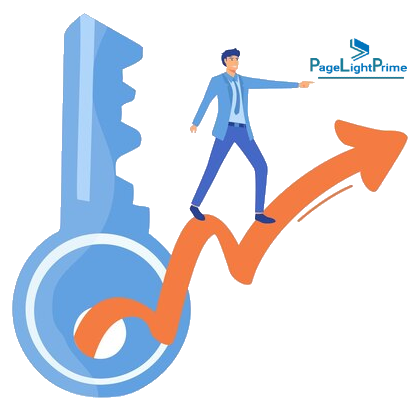
Exploring Law Firm Billing Software
In the ever-evolving landscape of legal services, technology stands out as a crucial ally. As law firms strive for precision, transparency, and efficiency in billing processes, the role of specialized tools becomes increasingly significant. Law firm billing software, designed to meet the unique needs of legal professionals, offers a tailored solution for optimizing billing practices.
These advanced software solutions often include features such as
- Automated Billing: Streamline the billing process with automated generation and submission of invoices, reducing manual effort and minimizing errors.
- Real-Time Tracking: Gain instant visibility into billable hours, expenses, and overall financial performance to make informed decisions.
- Compliance Management: Ensure adherence to regulatory requirements and internal policies with built-in compliance checks and audit trail functionalities.
- Client Portals: Enhance client communication by providing secure portals for clients to access invoices, track billing details, and maintain transparency.
- Integration Capabilities: Seamlessly connect billing software with legal accounting software or ERP systems to establish a cohesive and synchronized financial ecosystem. Additionally, enhance hourly billing processes by integrating law firm time tracking software. This specialized tool accurately captures and records billable hours, fostering transparency and accountability in client billing based on the dedicated time for specific legal matters.
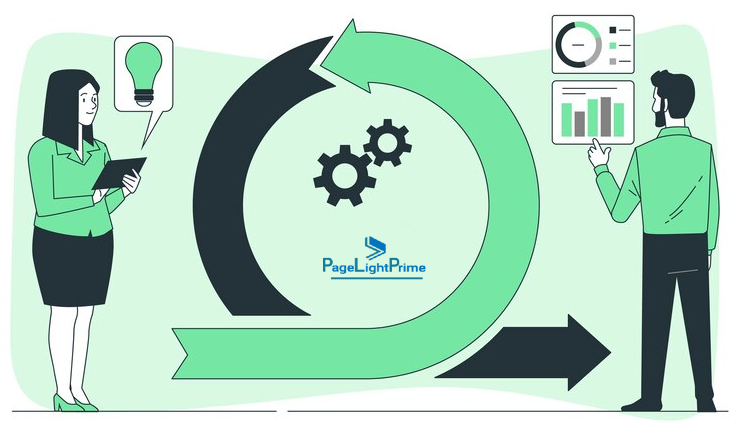
By incorporating law firm billing software into your practices, you can further elevate your billing processes, improve accuracy, and enhance client satisfaction. As technology continues to evolve, embracing these solutions becomes a strategic move toward staying competitive and efficient in the legal services landscape.
Conclusion
Mastering legal billing and invoice approval is a delicate balance requiring precision, transparency, and efficiency. By comprehending the intricacies of law firm matter billing and implementing effective invoice approval processes, law firms and organizations can confidently navigate complexities, contributing to financial success and client satisfaction.
